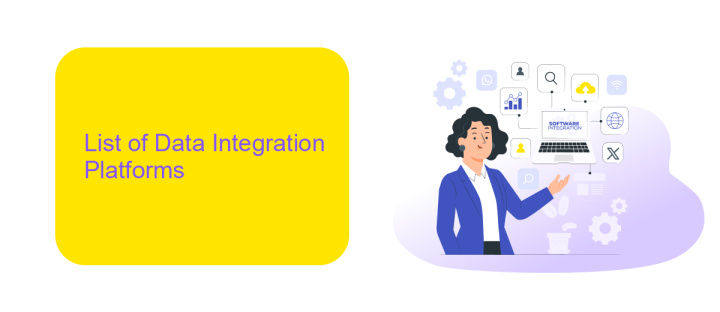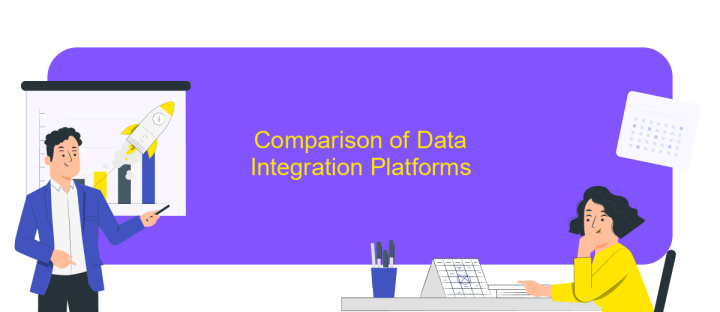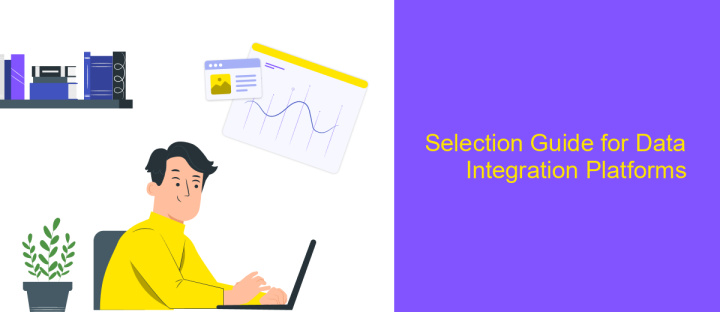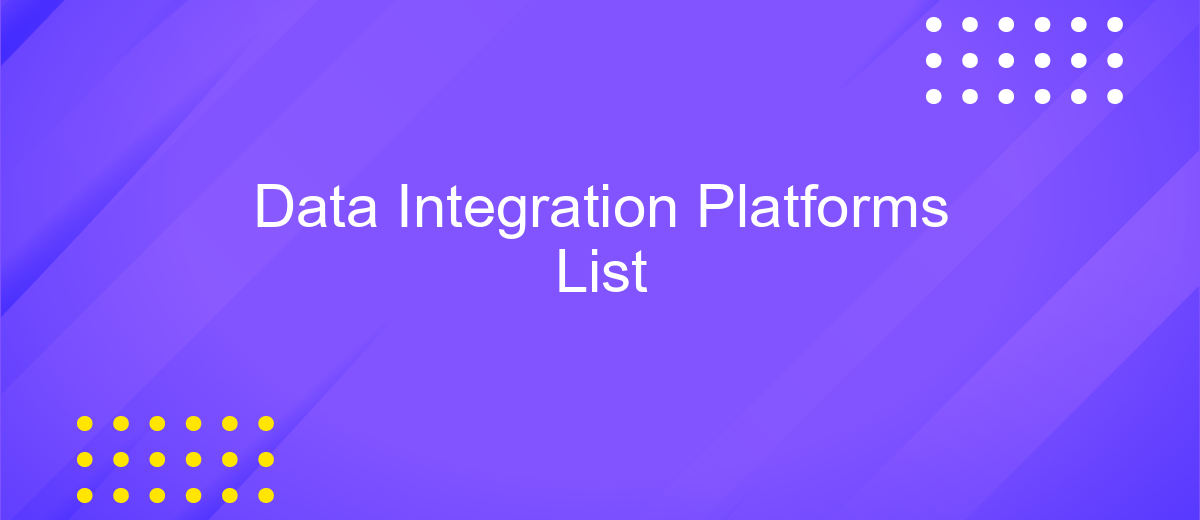Data Integration Platforms List
Data integration platforms are essential tools for businesses aiming to consolidate and manage data from multiple sources. They enable seamless data flow, improve data quality, and support better decision-making processes. This article provides a comprehensive list of top data integration platforms, highlighting their key features, benefits, and use cases to help you choose the best solution for your organization's needs.
Introduction
In today's data-driven world, organizations are constantly seeking efficient ways to manage and integrate vast amounts of data from various sources. Data integration platforms have emerged as essential tools that enable seamless data flow across different systems, ensuring data consistency, accuracy, and accessibility. These platforms provide a unified view of data, which is crucial for making informed business decisions and driving innovation.
- Enhanced data quality and consistency
- Improved decision-making processes
- Streamlined data management
- Increased operational efficiency
- Cost savings through automation
Choosing the right data integration platform can be a daunting task given the plethora of options available in the market. This article aims to simplify that process by providing a comprehensive list of top data integration platforms, highlighting their key features, benefits, and use cases. Whether you are a small business or a large enterprise, this guide will help you find the perfect solution to meet your data integration needs.
List of Data Integration Platforms

Data integration platforms are essential tools for businesses looking to streamline their data processes and ensure seamless connectivity between various applications and databases. Some of the leading platforms in this field include Informatica, Talend, Microsoft Azure Data Factory, and MuleSoft. These platforms offer robust features for data transformation, data migration, and real-time data integration, making it easier for organizations to manage and utilize their data effectively.
Another notable mention is ApiX-Drive, a versatile service that simplifies the integration process by allowing users to connect different applications and automate workflows without the need for extensive coding knowledge. With its user-friendly interface and extensive library of pre-built connectors, ApiX-Drive enables businesses to set up integrations quickly and efficiently, ensuring that data flows seamlessly across their various systems. This makes it an excellent choice for companies looking to enhance their data integration capabilities with minimal effort.
Comparison of Data Integration Platforms

When evaluating data integration platforms, it is essential to consider various factors such as ease of use, scalability, and support for different data sources. Each platform offers unique features and capabilities that can significantly impact your data integration projects.
- Informatica: Known for its robust ETL capabilities and extensive data connectors, making it suitable for large enterprises.
- Talend: Open-source platform with strong community support, ideal for organizations looking for cost-effective solutions.
- Microsoft Azure Data Factory: Cloud-based service that integrates seamlessly with other Azure services, perfect for cloud-first strategies.
- IBM DataStage: Offers high-performance data integration and is well-suited for complex, large-scale data environments.
- SnapLogic: Provides a user-friendly interface with AI-driven automation, making it a good choice for rapid deployment.
Ultimately, the best data integration platform for your organization will depend on your specific needs and existing technology stack. By carefully comparing the features and advantages of each option, you can make an informed decision that aligns with your data integration goals.
Selection Guide for Data Integration Platforms

Choosing the right data integration platform is crucial for ensuring seamless data flow across your organization. Given the variety of options available, it’s important to consider several key factors before making a decision. Each platform offers unique features and capabilities, so understanding your specific needs is essential.
First, evaluate the platform's compatibility with your existing systems and data sources. Ensure it supports the data formats and protocols you use. Additionally, consider the scalability of the solution, as your data integration needs may grow over time.
- Compatibility with existing systems
- Scalability for future growth
- Ease of use and user interface
- Support and customer service
- Cost and licensing options
By carefully assessing these factors, you can select a data integration platform that aligns with your organizational goals and technical requirements. A well-chosen platform will enhance data accessibility, improve decision-making, and drive operational efficiency.
Conclusion
In summary, selecting the right data integration platform is crucial for ensuring seamless data flow and operational efficiency within an organization. With a wide range of options available, it is important to consider factors such as scalability, ease of use, and compatibility with existing systems. Platforms like ApiX-Drive offer robust solutions that simplify the process of integrating various data sources, making it easier for businesses to manage their data effectively.
As the demand for real-time data integration continues to grow, investing in a reliable platform becomes even more essential. By leveraging advanced features and automation capabilities, businesses can enhance their decision-making processes and drive better outcomes. Ultimately, the right data integration platform not only streamlines operations but also provides a competitive edge in today’s data-driven world.
FAQ
What is a Data Integration Platform?
Why is data integration important for businesses?
How can I automate data integration processes?
What should I consider when choosing a Data Integration Platform?
Can I integrate data from cloud-based and on-premises systems?
Time is the most valuable resource in today's business realities. By eliminating the routine from work processes, you will get more opportunities to implement the most daring plans and ideas. Choose – you can continue to waste time, money and nerves on inefficient solutions, or you can use ApiX-Drive, automating work processes and achieving results with minimal investment of money, effort and human resources.

